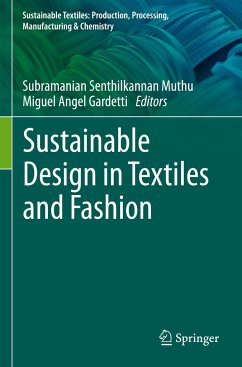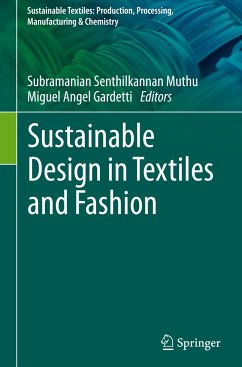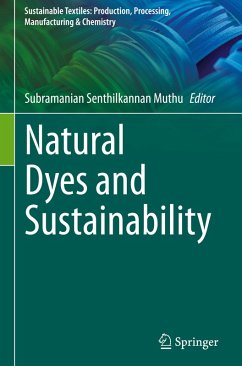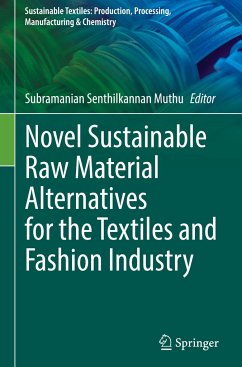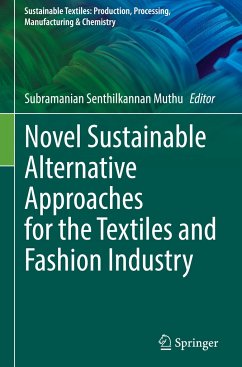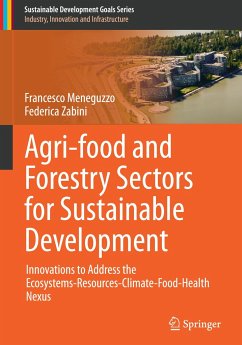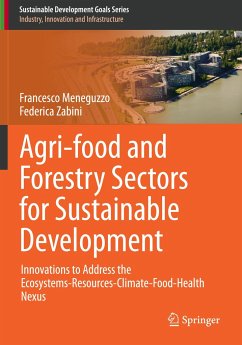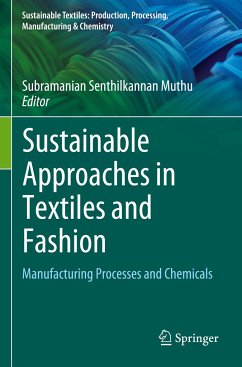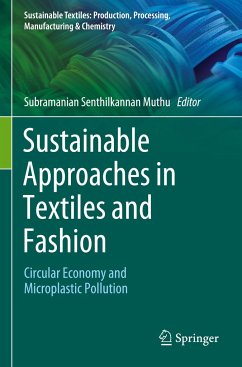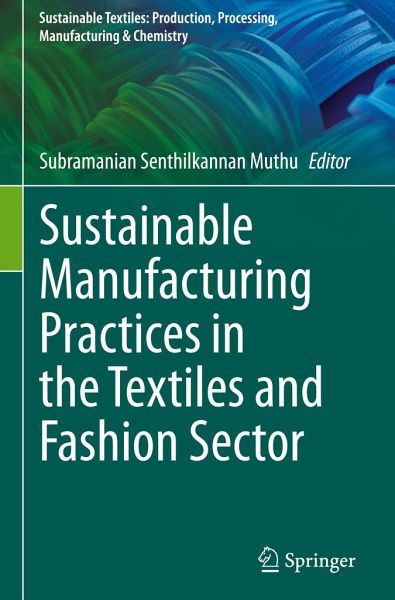
Sustainable Manufacturing Practices in the Textiles and Fashion Sector

PAYBACK Punkte
49 °P sammeln!
Environmental impacts created by the entire textile and fashion supply chain have been an important topic of discussion in recent decades. Different life cycle phases of a textile product from raw material extraction through manufacturing to consumer use and disposal are all responsible for various magnitudes of environmental impact. Mitigating the environmental impacts created by the textile manufacturing sector is of paramount import as manufacturing is a critical point to alleviate the impacts arising from the entire textiles and clothing supply chain. This contributed volume is meant to il...
Environmental impacts created by the entire textile and fashion supply chain have been an important topic of discussion in recent decades. Different life cycle phases of a textile product from raw material extraction through manufacturing to consumer use and disposal are all responsible for various magnitudes of environmental impact. Mitigating the environmental impacts created by the textile manufacturing sector is of paramount import as manufacturing is a critical point to alleviate the impacts arising from the entire textiles and clothing supply chain. This contributed volume is meant to illustrate and draw useful conclusions from initiatives taken by the textile manufacturing sector and to identify key practices invented and being practiced by textiles and clothing manufacturers toward making the industry more sustainable.



